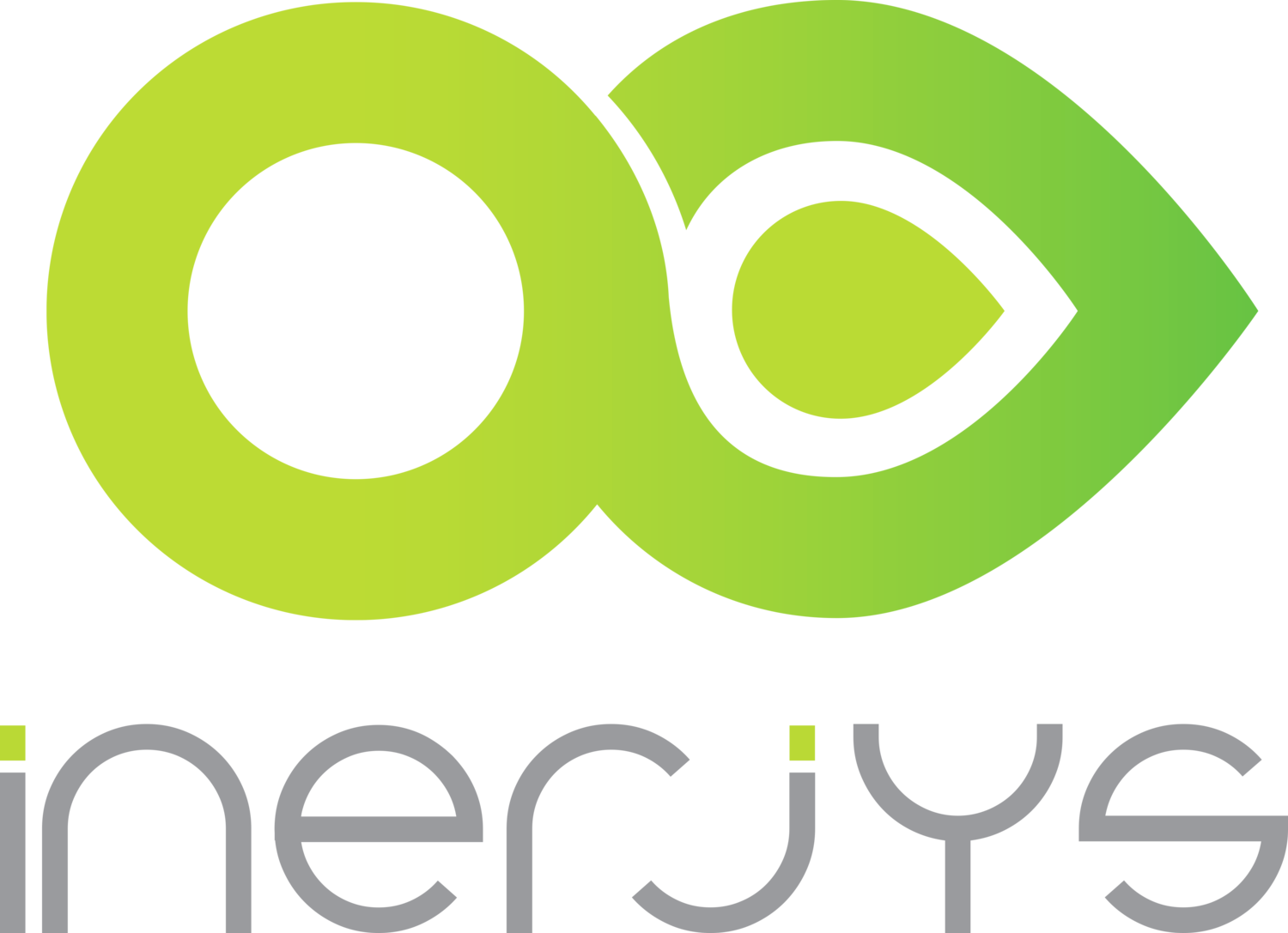The unexpected impact of fighting climate change
I had an eye-opening conversation with a good friend the other day. He works in the mining business and has been involved in a Copper-Cobalt mining project in the Democratic Republic of the Congo (DRC) for as long as I’ve known him. Over the years, I have heard many of his fascinating stories about working in that region: the challenges of moving fuel without getting robbed, his security detail, his malaria pills, and his day-to-day business dealings with local village chiefs.
But our last conversation was different.
He was explaining how the rising demand for Cobalt specifically was driving increased mining activity in the region, because its use in lithium ion batteries. More importantly, with new countries like China entering the DRC for this precious resource, he was struggling with the fact that not all mining companies have the same ethics in resource extraction as his.
In many cases, children are working on mining sites alongside their parents. Not because they are being forced to, but because it’s the best of all the bad options they have available to them. Parents choose to bring their children to work in the mines with them because it is, believe it or not, safer for them. They can be supervised by their parents, they can be paid a salary which helps put food on the table, and they don’t really have anywhere else to go. You see, in the DRC, sending your kids to school is not really an option in rural areas. Much of the country lacks proper infrastructure such as roads, electricity and running water – which are essentially prerequisites to building schools, hospitals and other community service structures for the local population.
This made me realize that despite our best efforts to push new, cleaner technologies into the market, we must also tackle the indirect negative impacts of these new developments.
Does this mean you should sell your Tesla and throw in the towel? I don’t believe that’s the right approach. Rather, I think that we need to use the positive groundswell of interest in renewables to also tackle the secondary challenges that widespread adoption may create.
The case for rural Africa
As my good friend said, “If you can make it work in the Congo, you can make it work anywhere in Africa”. And that is exactly what he is trying to do, by bringing food programs and other much needed support to the DRC.
Our conversation made me realize that we at Inerjys must look at our approach to investing in cleantech from an even more holistic perspective – continuing to evaluate our investments in terms of impact, while also factoring in the longer-term social consequences of their implementation.
One of our current portfolio companies is doing just that – addressing the issues surrounding access to energy in rural and off-grid communities. Electrification is a big problem in most of Africa. And while there are already many solar companies developing solutions for the continent, most are focused on highly dense areas, with few options available for rural areas. As I mentioned earlier, the lack of infrastructure is preventing utilities from establishing power lines because the company that would take that on would also have to pave roads and develop surrounding infrastructure. But renewable energy can provide decentralized local power to rural areas, which will lead to very positive knock-on effects in terms of social development.
Featuring the iKabin
Our portfolio company, AESP Green Energy has developed this very type of solution. Their 2.4 kW iKabins can deliver simple, renewable, off-grid solar power to rural villages. Within each iKabin, small portable iPack batteries are charged by the sun. Villagers can purchase them (over time using their mobile phone payments, using the PAYGO model) and bring these iPacks home to power small electric appliances like lights, fans and radios. Once the iPack battery is depleted, the villagers can return them to the iKabin for recharging.
The iKabin is not only providing these villagers with electricity for the first time, it is replacing the use of kerosene lamps, which are harmful lung polluters. The iKabin business model also fosters “micro-entrepreneurship”, whereby the operator of each iKabin can make a living from the recurring revenue derived from recharging the iPacks and selling appliances.
As Inerjys continues to expand its investments across the cleantech ecosystem, we will make sure that we are also considering the negative impacts the proliferation will create. No solution is ever completely positive unless it is holistic.
It is easy to focus on the good we are doing by investing in clean technologies or by backing impact investments. However, taking a broader view of an investment strategy, although sometimes disheartening, is not only a good wake up call, it is a good kick in the butt to keep pushing for better solutions and towards a more realistic measure of impact.
MICKAEL KANFI
Operating partner
Mick brings 18 years of professional services experience to Inerjys and is responsible for both operations, marketing and helping portfolio companies with their commercialization challenges. Mick founded Twist Image in 2000, grew it to one of the largest Digital Marketing agencies in Canada which was later acquired by WPP in 2014. Throughout his career, Mick has worked with Fortune 500 companies in developing business strategies, marketing plans and helping them transform their businesses into the digital age.


